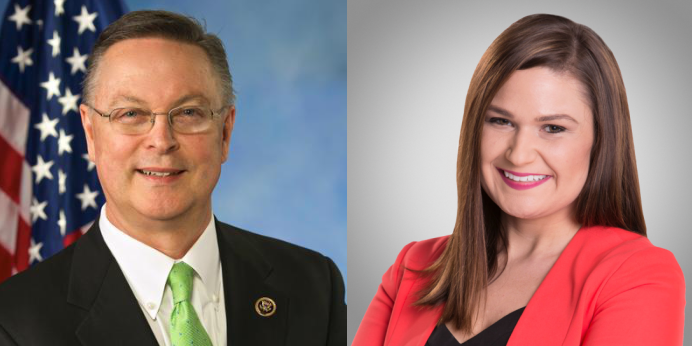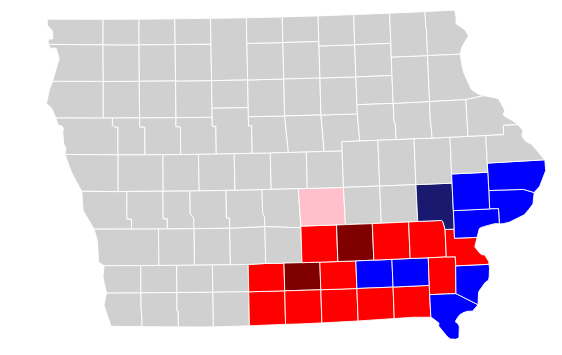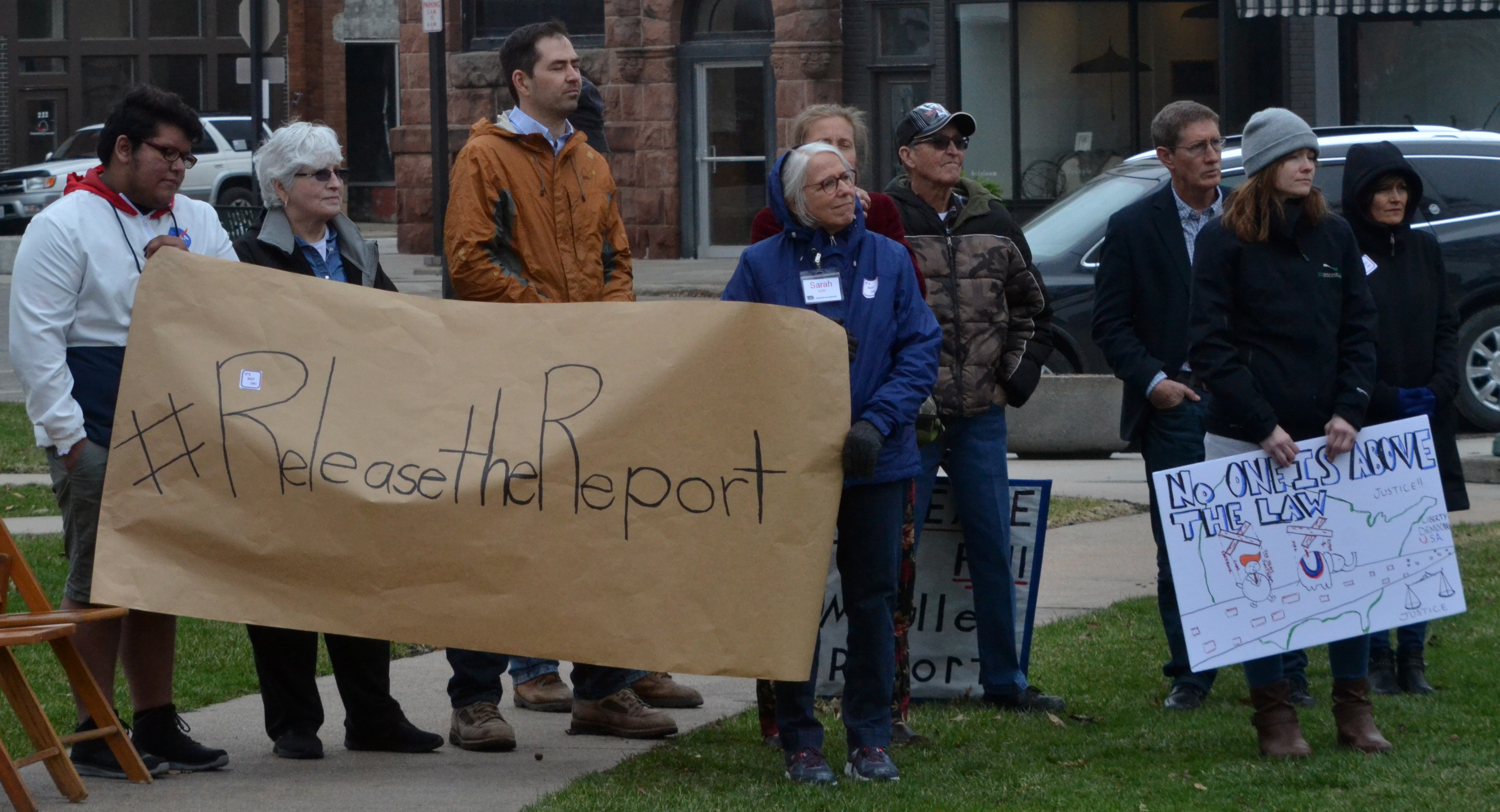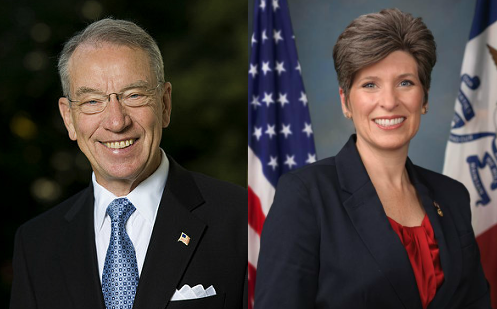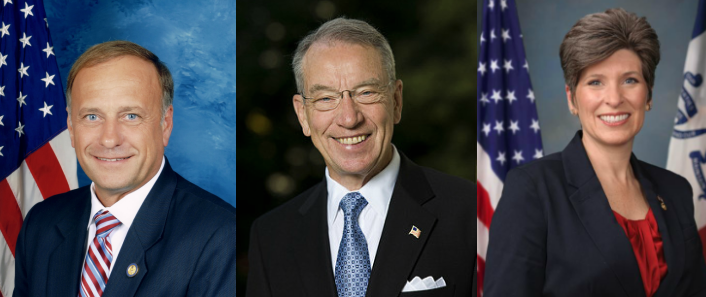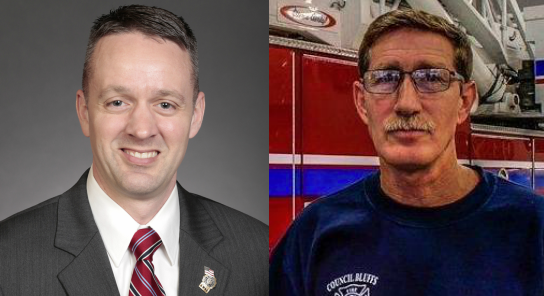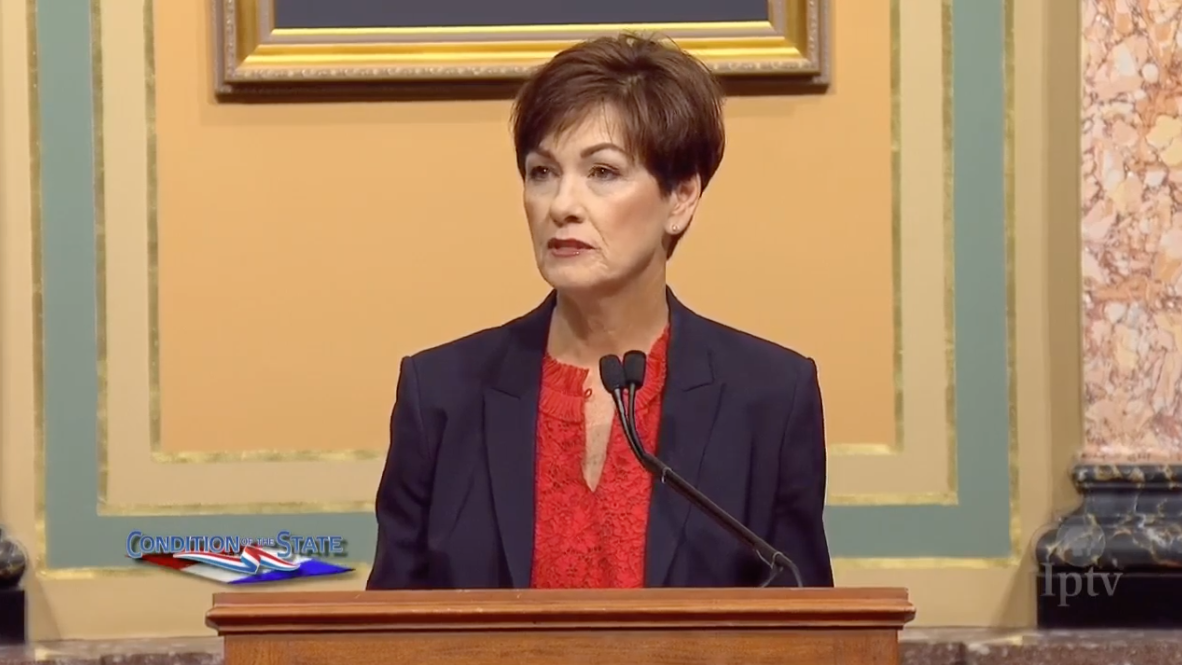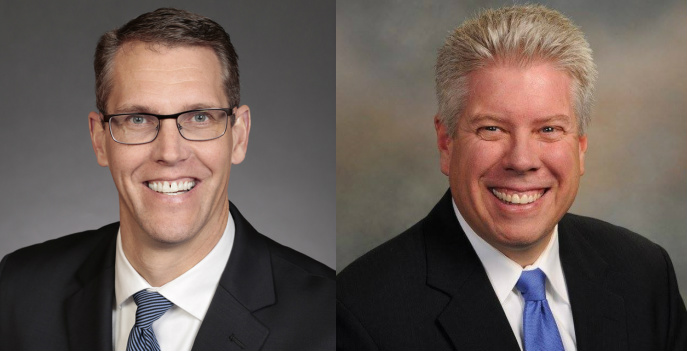Thomas Nelson of the Waterloo/Cedar Falls Courier was first to report last week that former U.S. Representative Rod Blum’s campaign has spent $11,365 on polling this year. Blum’s quarterly filing with the Federal Election Commission showed two disbursements to the candidate’s longtime pollster in early January.
The payments exceeded the $4,119 Blum for Congress owed The Polling Company at the end of December, indicating that Blum commissioned new surveys in the first district and wasn’t merely settling debts left over from the 2018 campaign.
While I have not been able to find details about the questions asked, his campaign likely tested voters’ views on key issues as well as approval and favorability numbers for himself and Representative Abby Finkenauer. Blum hasn’t ruled out running for office again. Nelson noted that he appeared at a Jones County GOP event on April 11.
No Republican has confirmed plans to run against Finkenauer. I see Blum as a weaker challenger than State Representative Ashley Hinson, who has said she’s considering the race and will make her intentions known after the legislative session ends.

